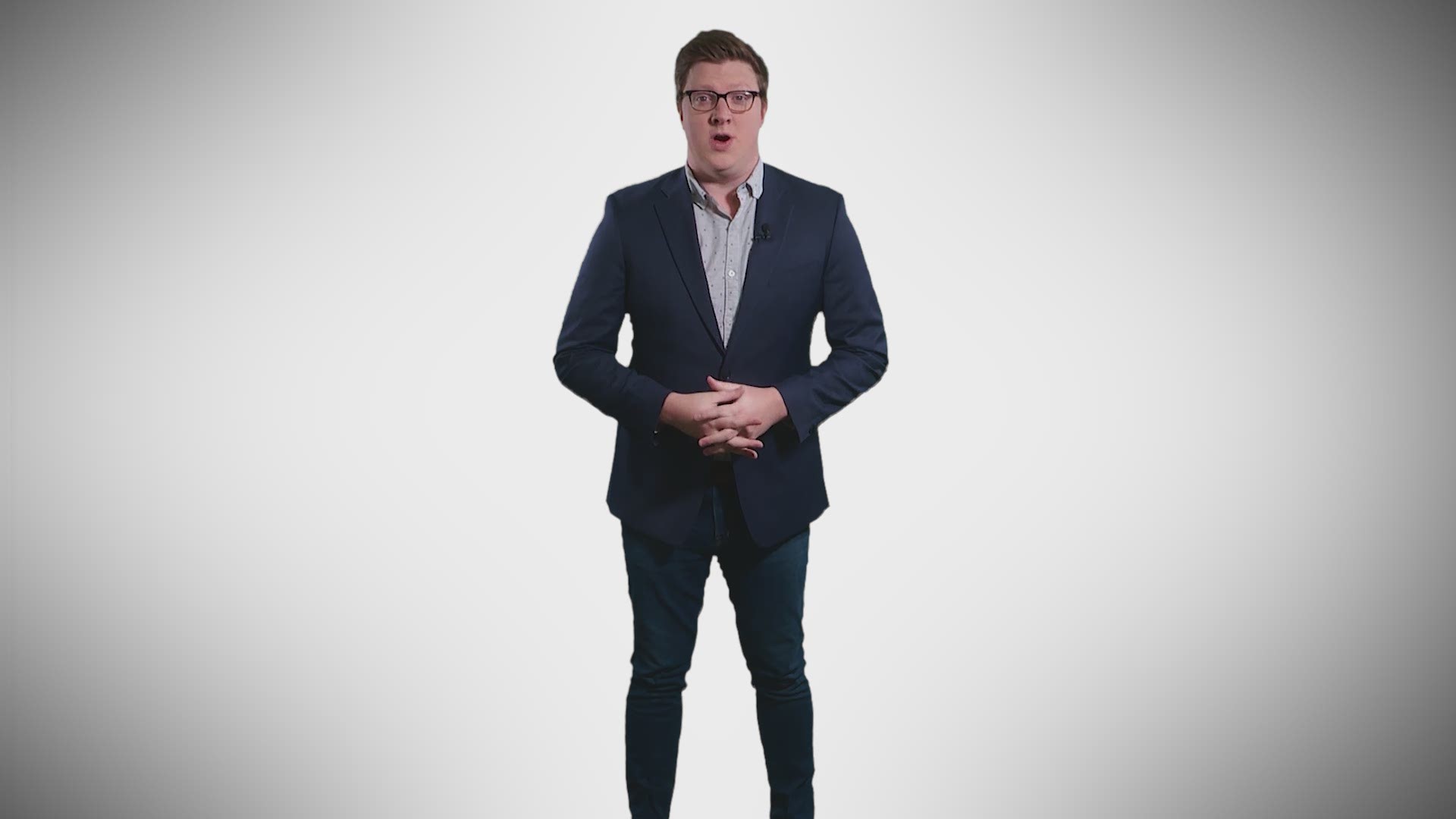In this time of pandemic, many people have avoided loved ones who are frail for fear of possibly spreading COVID-19. The people most at risk include those whose immune systems have been weakened by chemotherapy or by other conditions.
In the past, some cancer organizations and health agencies have cautioned otherwise healthy people to stay away from immunocompromised people after receiving a virus due to a small chance they could infect them.
THE QUESTION:
After getting the COVID-19 vaccine, should I avoid people undergoing chemotherapy or who have compromised immune systems?
THE ANSWER:
According to Dr. William Moss of Johns Hopkins Bloomberg School of Public Health, the vaccine itself will not cause you to be contagious.
If you've been practicing social distancing or have been quarantined or are certain you aren't already infected with COVID-19, the vaccine will not give you the virus.
Keep in mind that recently vaccinated individuals can still be contagious if they've recently contracted COVID-19 from other sources and people should still practice social distancing and mask wearing when possible.
WHAT WE FOUND:
No matter which of the vaccines currently nearing FDA approval or emergency use authorization that you get, you won’t pose a danger to people who are receiving chemotherapy or others with compromised immune systems, says Dr. Moss, who heads the International Vaccine Access Center at Johns Hopkins Bloomberg School of Public Health.
That’s because the vaccines don’t contain replicating viruses that could pose harm to others, he said.
That differs from live-attenuated vaccines, often given to children to prevent measles or small pox (although it’s not small pox but a less harmful virus called vaccinia in that immunization).
The leading contenders for the earliest approvals are the Pfizer and Moderna vaccines, both using mRNA technology, and AstraZeneca, an adenovirus-based immunization.
Something you’d like to have VERIFIED? Click here to submit your story.

